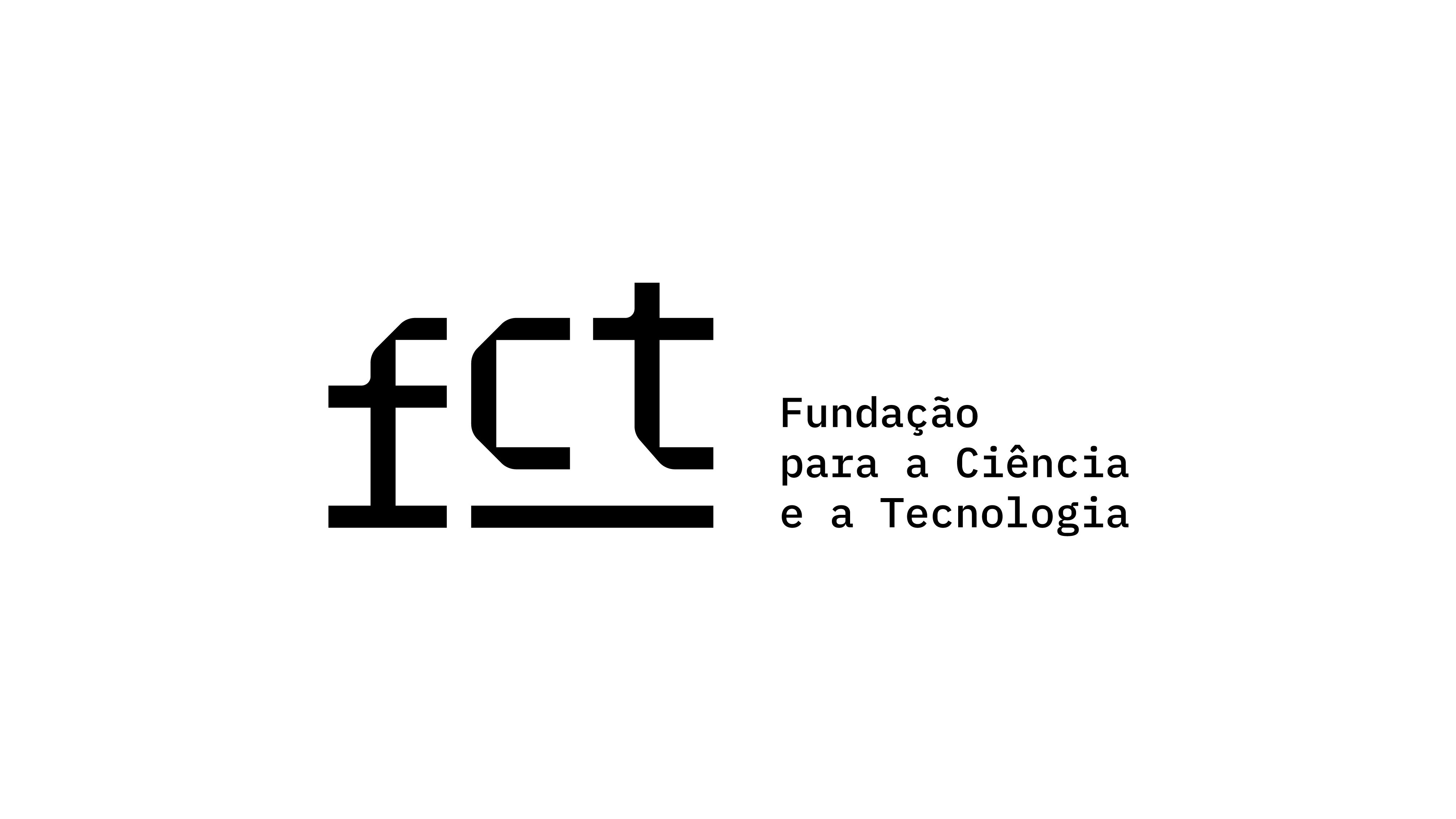STORYline

STORYline
2023.11571.PEX
17/02/20 - 16/08/2026
48 741,98 €
FCT/ PeX
Ongoing Projects
Ana Filipa Oliveira (Universidade Lusófona)

Shaping Youth Citizenship Through Intergenerational Approaches and Digital Narratives
STORYline is an exploratory project that aims to advance intergenerational and youth citizenship scholarship by delving into 3 questions: 1) How do intergenerational relationships shape and impact youths' citizenship experiences and perceptions? 2) What influence do adult figures have on youth's citizenship perspectives, and 3) What impact do digital media have on how citizenship narratives are built?
It departs from the Portuguese context. Firstly, Portugal's historical and cultural context has been deeply marked by diversity, multiculturalism, and recent migratory waves that strengthen these characteristics. If 40 years ago Portugal was a country of emigration, today it is a country of migrations (Góis & Marques, 2018) in which cultural diversification struggles with the tensions and challenges related to assimilating and accepting foreign cultures (Cabecinhas, 2002; Faria, 2020; Santos, 2020). Recent data shows that in 2021, Portugal received 94,000 new immigrants and that in 2022, the number of first asylum applicants increased by 47% (OECD, 2023).
Besides this, although internet access is generalised, there are striking gaps in Media and Information Literacy (MIL) competencies. In 2023, 89% of Portuguese households had internet access (Eurostat, 2023), though the country still ranked 12th place in the Media Literacy Index 2023, falling in the tier 2 countries. A closer look into the index reveals that the country ranked 21st in education and 37th in e-participation (Open Society Institute Sofia, 2023).
Furthermore, Portugal has one of the oldest populations in Europe due to increased life expectancy and reduced fertility rates (Lopes et al., 2023). While these ageing trajectories pose new challenges related to health and quality of life, they also draw attention to the importance of considering the relevance of generational social interactions and the impact these have on citizenship and civic engagement (Loos et al., 2019; Romero, 2015; Davis et al., 2008).
This is thus a country 1) historically marked by internal and external migratory flows with ethnic and cultural diversity that influence its society and economy; 2) with high ageing rates that impact family and economic dynamics; and 3) with significant generational and digital divides, which have contributed to digital exclusion. Studying this melting pot from a community perspective can help us better understand if and how these aspects impact citizenship.
STORYline intends to capture social and digital generational dynamics and interactions to understand how citizenship narratives shape collective understandings of citizenship in communities impacted by migratory waves. Digital narratives and conversations conducted and moderated through the Debaqi platform (DSAIPA/DS/0102/2019) will be the basis for the empirical work.
Coordinator
Team
Inês Amaral
Consultants
Julian McDougall
Mireia-Férnadez Ardèvol
Project Manager
